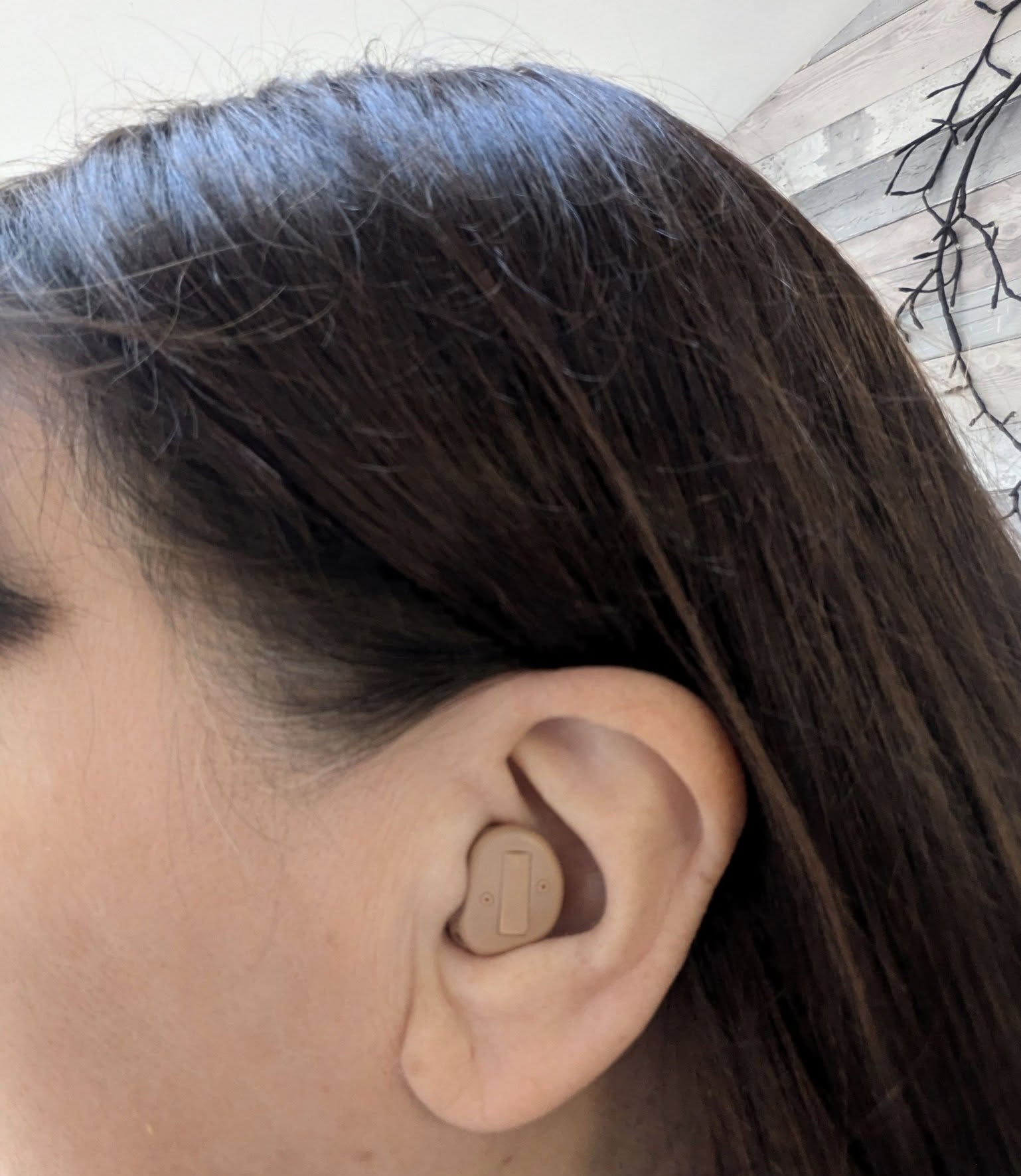This post contains affiliate links. If you choose to purchase through them, we may earn a small commission at no additional cost to you.
For individuals who wear hearing aids, the transition from amplified sound to natural hearing—or near silence—can be surprisingly profound. While many find relief in the quiet of nighttime, others experience heightened tinnitus, a sense of isolation, or emotional unease. In this article, we explore the diverse experiences people report after removing their hearing aids at night, and how they manage this critical transition period.
What Happens When You Remove Your Hearing Aids?
The Experience of Silence—Or Lack Thereof
Many hearing aid users describe the moment they take out their devices as one of instant calm. For people with severe to profound hearing loss, removing their hearing aids often results in near-total quiet. The absence of auditory input helps their minds unwind and marks the beginning of a relaxing bedtime routine.
However, not everyone enjoys silence. A significant number of users report a sudden increase in internal noise—most commonly tinnitus, characterized by ringing, buzzing, or hissing in the ears. The absence of external sound allows these internal sounds to dominate, making sleep more difficult for some.
The Role of Tinnitus in Nighttime Hearing
When auditory stimulation from hearing aids disappears, the brain often responds by “turning up the gain,” making internal sounds more noticeable. This neuroplastic response is common among those with chronic tinnitus. Descriptions vary—from a low hum to a loud, persistent ringing.
To manage these symptoms, many individuals try one or more of the following strategies:
- White noise or sound therapy: Using bedside sound machines or apps to play ocean waves, brown noise, or rainfall helps mask tinnitus and promote relaxation.
- Fabric sleep headbands with built-in speakers: Comfortable headband headphones let users listen to calming audio while lying down.
- Pillow speakers: Flat pillow speakers offer an unobtrusive way to deliver masking noise throughout the night.
- Mindfulness and guided meditation: Techniques like deep breathing or using apps like Insight Timer or Calm can reduce stress and redirect focus away from tinnitus.
Some users even opt to wear their hearing aids briefly at low volume in bed, especially if they have tinnitus masking features such as Oticon’s Tinnitus SoundSupport.
Feelings of Disconnection and Vulnerability
Without hearing aids, many individuals report feeling isolated—especially in unfamiliar environments like hotels, hospitals, or while camping. The absence of ambient sound removes spatial awareness, making some users feel disoriented or even unsafe.
This feeling can be especially challenging for those who rely on sound for environmental cues, such as children waking up, fire alarms, or footsteps. Some individuals choose to use assistive listening devices or bed shakers linked to smoke alarms to enhance safety at night.
Interestingly, people with residual hearing sometimes still detect loud or low-frequency sounds—like thunder, dogs barking, or snoring partners—even without amplification. However, the sound is often dull or distant.
Relief and Recharging the Brain
On the flip side, many users find removing their hearing aids at night to be deeply satisfying. Reasons include:
- Cognitive relief: Listening and speech processing can be mentally taxing, especially in noisy environments. At night, removing hearing aids helps reduce listening fatigue.
- Physical comfort: Certain models, especially custom molds, can create pressure or irritation after prolonged use.
- Desire for quiet: Even without hearing loss, many people appreciate nighttime silence as a way to mentally decompress.
Tips for a Better Night Without Hearing Aids
- Establish a relaxing bedtime routine – Include soft lighting, quiet music, or an audiobook before sleep.
- Use a consistent masking noise – Apps like myNoise, Sleep Sounds, or sound machines can help mask tinnitus consistently each night.
- Keep your devices nearby – Use a drying case with charging next to your bed to preserve battery and absorb moisture overnight.
- Communicate with your partner – If you feel vulnerable at night, work out systems like light tapping or visual cues for nighttime communication.
Conclusion: Each Night Is Personal
The nighttime experience without hearing aids is unique for every individual. While some savor the quiet, others contend with internal noise, emotional disconnection, or lingering fatigue. The good news is that a range of tools—from sound therapy to mindfulness—can help you create a nighttime environment that supports both rest and emotional well-being.
If you’re struggling with your nighttime hearing routine, speak with an audiologist about tinnitus management, custom sleep solutions, or hearing aid features that can help ease the transition to sleep.
Whether it’s silence, background sounds, or occasional snoring, transitioning from hearing aids to bedtime quiet is a deeply individual process—one worth understanding and customizing to your needs.

